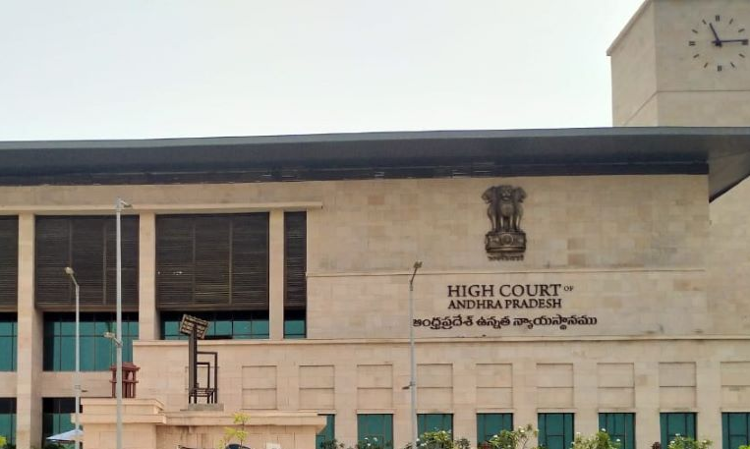The Andhra Pradesh High Court has held that the filing of the statutory appeal by the writ petitioner after writ proceedings and subsequent proceedings against the same order of assessment, just to avoid the compliance of the directions of the writ Court, is nothing but abuse of the process of the Court.The bench of Justice Ravi Nath Tilhari and Justice Kiranmayee Mandava has observed that...

